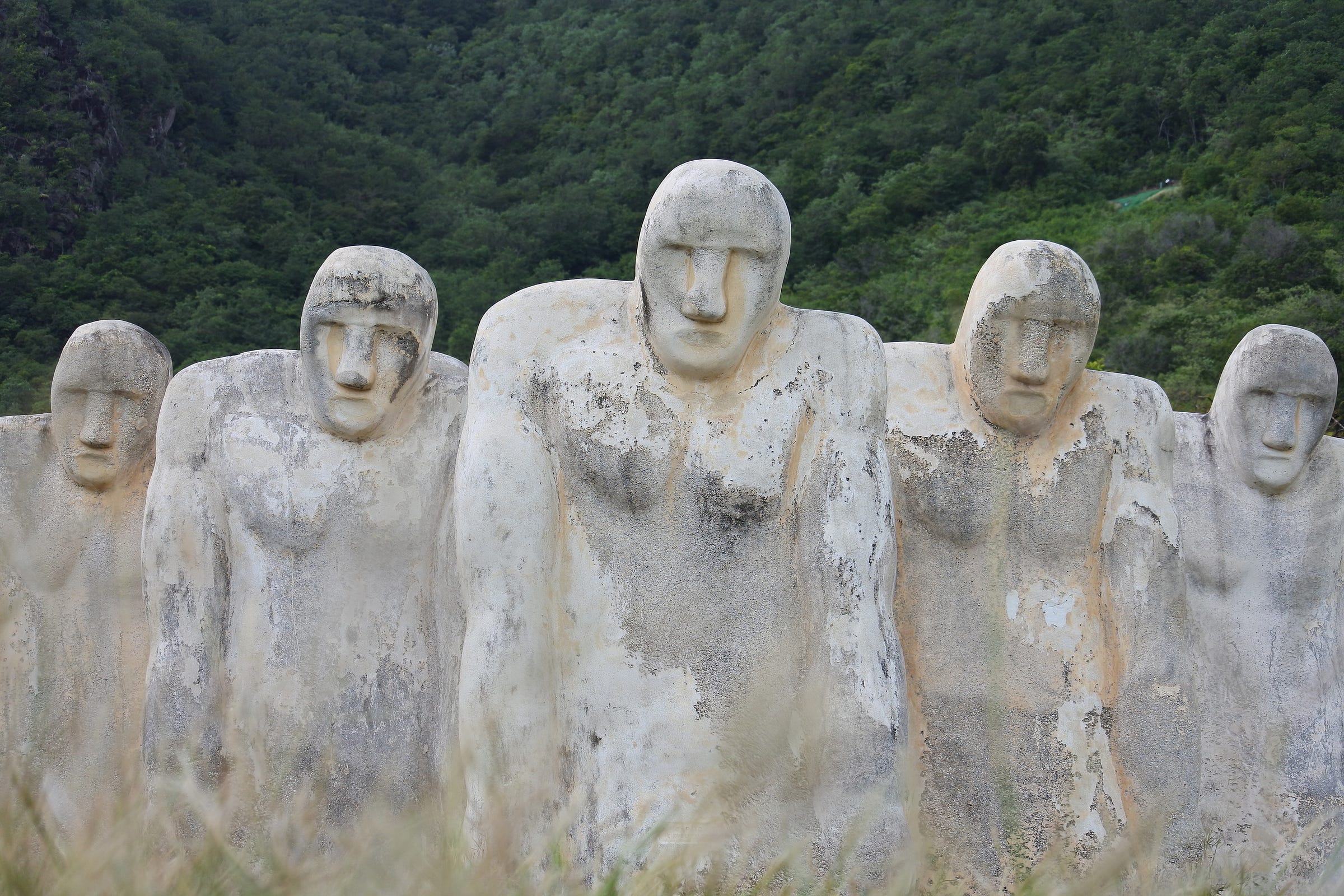
The importation of new slaves to the Caribbean was made illegal in 1815, however many chose to continue slave trading years after that.
On an April night in 1835, a ship with a cargo of forty slaves crashed into the rocks on the Southeast shores of Martinique, killing half of the men and women onboard.
The twenty statues, represent the slaves who fell victim to the sinking ship, as a symbolic tribute to the slaves who were not provided a proper burial.
The Forgotten Holocaust: The Armenian Genocide, the mass murder of Christians in Turkey.
The Armenian Genocide was campaign of deportation and mass killing and ethnic cleansing conducted against the Armenian subjects of the Ottoman Empire by the Young Turk government during World War I (1914–18).
Armenians say that the campaign was a deliberate attempt to destroy the Armenian people and, thus, an act of genocide.
Most of the world's countries don't even recognize this event. In 2015, Pope Francis said that the Armenian genocide was "considered the first genocide of the 20th century."
The Armenian Genocide was officially recognized by the USA in April 24, 2021.
The Rwandan genocide, also known as the genocide against the Tutsi, occurred from April 7th to July 19, 1994 during the Rwandan Civil War. Rwanda is a country in south central Africa in case you don’t know your African geography.
Over a span of around 100 days, members of the Tutsi ethnic group, as well as some moderate Hutu and Twa, were systematically killed by Hutu militias.
The Turkic Muslims known as the Uighur have long faced social and economic disadvantages in China because of their minority status.
Since 2014, the government of the People's Republic of China has committed a series of ongoing human rights abuses against Uighurs and other Muslim minorities in Xinjiang which has often been characterized as persecution or as genocide.
October 7, 2023, the deadliest day of murdering Jews since the Holocaust, approximately 3,000 Hamas terrorists entered Israel from Gaza by land, air and sea and carried out well-planned, well-coordinated, massive massacres of Jews; burning babies to death; engaging in mass rapes; executing parents in front of their children and children in front of their parents.

More than 1,200 Jews were killed, and at least 3,300 maimed or injured that day, with more than 200, including babies, young children and the elderly, abducted and taken hostage.
Relative to Israel’s population, it’s the largest killing of Jews since the Holocaust.
The central focus of Hamas is to eliminate all Jews.
Journalists around the world would have you believe Israel was the aggressor here.
Is slavery racism?
Is genocide racism?
Who can be racist?
In America, it seems only white people can be racist.



Can these people be racist?



How about these people?
Can they be racist?
“Racist” is probably the most overused, misused word in popular culture today.
The dictionary definition:
Rac•ist. Noun. Shows prejudice against people of other races or believing that one race is superior to another.
Today, in America, you’re racist if you’re not totally politically correct (meaning you’re extremely careful about offending any group of people in society), if you mention race in any way, especially if you’re white, white and male or Conservative leaning politically. And you’re a white supremacist if you disagree with the tag “racist” being placed on you.
If everyone is “racist” or a “white supremacist”, how does one know who’s really racist?
Or what racism really is?
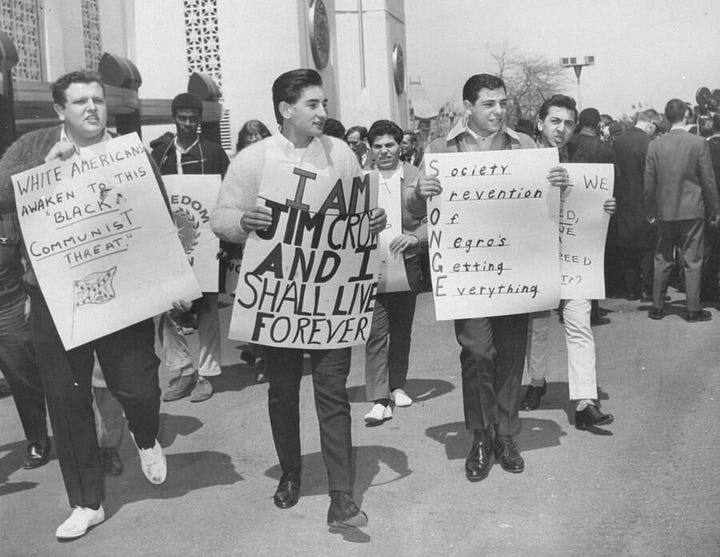
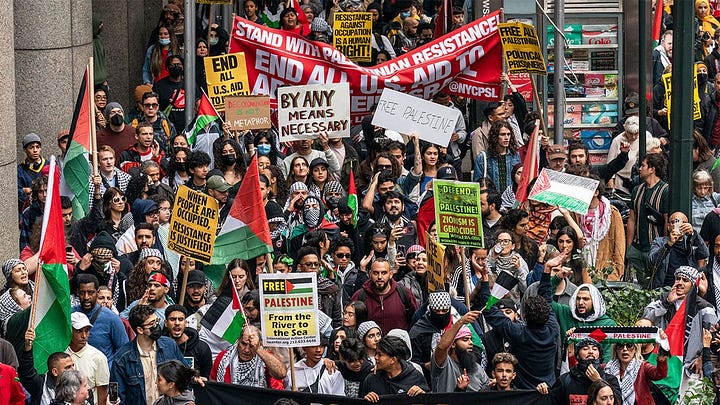
To someone my age, these images are similar.
Is it racism?
Does racism lead to genocide?
I’ve been trying to understand the genocide claims being made about white farmers in South Africa.
Searching on “genocide in South Africa” produced what you’d expect, the unresearched popular narrative: There is no genocide of white people in Africa.
Black people can’t possibly be racist can they?
In order to understand what’s really going on in South Africa, one has to have knowledge of the history of South Africa.
Most of your American “journalists” don’t provide that context in their reporting. Neither do journalists in much of the foreign media I read.
European exploration of the African coast began in the late 14th century when Portugal sought an alternative route to the Silk Road to China. During this time, Portuguese explorers traveled down the west African Coast, detailing and mapping the coastline and in 1488 they rounded the Cape of Good Hope.
The Cape of Good Hope is one of the most dangerous sailing areas globally and is known as "the graveyard of ships” or the original “Davy Jones Locker”.
Sailing around Africa is dangerous because the Cape of Good Hope has violent, stormy conditions and huge waves, as well as high wind speeds. Because the Atlantic and Indian Oceans meet in this area, the warm Agulhas current (oceanic current that forms the western boundary current of the southern Indian Ocean) and the cold Benguela current (cold, slow-moving current that flows northward along South Africa's west coast) clash and cause extreme waves.
The Dutch East India Company established a trading post in Cape Town in 1602. Cape Town is located on the southwestern coast of South Africa, at the northern end of the Cape Peninsula, near the Cape of Good Hope. Dutch workers who settled at the Cape became known as the Free Burghers and gradually established farms in the Dutch Cape Colony.
Following the Invasion of the Cape Colony by the British in 1795 and 1806, mass migrations collectively known as the Great Trek occurred during which the Voortrekkers , Dutch-speaking colonists, travelled into the interior of southern Africa in search of land and independence from British rule and established several Boer Republics (farming) in the interior of South Africa.
The Boer republics were independent, self-governing republics formed by Dutch-speaking inhabitants of the Cape Colony and their descendants. The founders – variously named Trekboers, Boers, and Voortrekkers settled mainly in the middle, northern, north-eastern and eastern parts of present-day South Africa.
The discoveries of diamonds and gold in the nineteenth century had a profound effect on the fortunes of the region, propelling it onto the world stage and introducing a shift away from an exclusively agrarian-based economy towards industrialisation and the development of urban infrastructure.
The discoveries also led to new conflicts culminating in open warfare between the Boer settlers and the British Empire who fought for control over the newly found mining industry.
Following the defeat of the Boers in the Second Anglo–Boer War or South African War (1899–1902), the Union of South Africa was created as a self-governing dominion of the British Empire on May 31, 1910.
The South Africa Act 1909, combined the four previously separate British colonies: Cape Colony, Colony of Natal, Transvaal Colony, and Orange River Colony into what is known as South Africa.
The country became a fully sovereign nation state within the British Empire in 1934 following enactment of the Status of the Union Act.
The monarchy came to an end on May 31, 1961.
From 1948-1994, South African politics was dominated by Afrikaner nationalism. Afrikaners are a Southern African ethnic group descended from predominantly white Dutch settlers who first arrived at the Cape of Good Hope in 1652.
Up until 1994, there was a comprehensive system of racial segregation and white minority rule known as apartheid. Apartheid refers to the implementation and maintenance of a system of legalized racial segregation in which one racial group is deprived of political and civil rights .
The term “apartheid”, an Afrikaans word, derived from the French term “mettre à part”, literally translated to “separating, setting apart.” Apartheid is a policy that is founded on the idea of separating people based on racial or ethnic criteria.
As a young lawyer in the 1940s, Nelson Mandela joined the African National Congress (ANC) and became an active member of its leadership. He was involved in various nonviolent resistance campaigns against apartheid policies.
In 1962, Mandela was arrested for planning sabotage against apartheid, serving 27 years in prison, 18 on Robben Island.
Robben Island, is just off the coast of South Africa and can be seen from Capetown. It has been used as a place of exile, a leper colony, a mental institution, and a maximum-security prison for political dissidents during apartheid.
After 27 years in prison, Nelson Mandela negotiated the dismantling of the apartheid regime in South Africa, settled an agreement on universal suffrage and democratic elections, and became the first black president of the country in 1994.
Mandela transitioned the government from the system of apartheid to one of majority rule. The election of 1994 resulted in a change in government with the African National Congress (ANC) coming to power.
At the end of apartheid in 1994, 85% of South Africa's tillable land was owned by whites.
In 1995, the interim constitution agreed to during the negotiations to end apartheid was replaced by a new constitution.
This constitution included a land reform program.
The land reform program introduced refers to efforts by the government to address historical injustices related to land ownership. One key objective is to empower farm workers providing them with opportunities to become landowners and to reduce economic inequality. It intended that, within 20 years, 30% of white-owned commercial farm land should be transferred to black owners.
“Plaasmoorde” means “farm murders”.
The Witkruis Monument, (Plaasmoorde), is located along a major highway on private land in South Africa. This was one of the photos President Trump showed to South African President Cyril Ramaphosa during his visit.
Since June 16, 2004, symbolic white painted metal crosses have been planted on the slope in an area of about 12 acres.
Each cross represents a farmer death both white and black. Over 1700 of them are white farmers that have been killed since the end of apartheid in 1994.
The immediate post-apartheid period was marked by an exodus of skilled, white South Africans amid crime related safety concerns. The South African Institute of Race Relations estimated in 2008 that 800,000 or more white people had emigrated since 1995, out of the approximately 4,000,000 who were in South Africa when apartheid formally ended the year before.
In 1977, there were 4.3 million whites, constituting 16.4% of the population.
In 2022, whites comprised 7.3% of the total population and number 4,504,252. They are in practically every province in South Africa but always as a minority.
As of the 2022 census, approximately 81.4% of South Africa's population identifies as Black. Many of these are refugees from Mozambique, Zimbabwe, Botswana and Namibia, countries with their own cultural and political issues.
After Nelson Mandela’s administration, South Africa suffered through several other administrations making corruption commonplace.
Crime, starvation, poverty, extremist groups and corruption have turned South Africa into one of the most dangerous places on earth.
The current President Cyril Ramaphosa signed “The Expropriation Bill” on January 24, 2025 . This has reignited debates over land reform, property rights, and economic stability in South Africa.
While supporters argue that the law is a necessary tool to correct historical injustices, critics see it as a threat to private property rights and investor confidence.
The Expropriation Bill is a South African law that allows the government to acquire private property for public purposes or in the public interest, including land reform. It replaces the previous Expropriation Act of 1975 and includes provisions for expropriation without compensation under specific circumstances.
The 1975 act used the concept of ‘willing buyer willing seller,’ which meant that the government had to pay the market value of the property it was expropriating, this new act eliminates that concept.
In a tweet that caused a diplomatic bust-up between South Africa and the United States in 2018, Trump referred to the ‘large-scale killing of farmers’. The government in Pretoria labelled his claim ridiculous, but was Trump right about what is unfolding?
In South Africa, it’s a delicate topic. What is beyond doubt is that white farmers, who often live on large properties far from their neighbours or the nearest town, are seen by some as easy targets. The number of killings is worrying. Last year, there were more than 300 farm attacks and 50 murders. A particularly horrific incident in Mpumalanga, in the east of the country, happened in July: 79-year-old farmer Theo Bekker was bludgeoned over the head with an iron bar. His throat was slit and he bled to death. Bekker’s wife, Marlinda, was tied up and had a bag pulled over her head. Even when victims survive – as Marlinda did – the level of violence in these attacks can be ferocious. Torture and rape are common. Afrikaans Bibles have been left open on dismembered bodies.
All too often, the timing of these attacks is no accident. Gangs — some high on drugs and alcohol — have been known to turn up at remote farms, armed to the teeth, often late in the month when employers have wads of cash in their homes ready to pay workers. It is unlikely to be a coincidence that the attack on Bekker’s farm took place on 30 July.
Farmers are understandably afraid, but does what is happening in South Africa amount to a genocide?
…
‘No matter how we label this, a perception that farmers and their staff are not safe could deter the next generation of growers,’ he said. ‘This raises a concern around food security on a continent vulnerable to hunger.’ What’s the truth about South Africa’s ‘genocide’ of white farmers?
Think about the tidbits of history I’ve gathered and written here. Do they fit these stages of genocide?
I. CLASSIFICATION. All cultures have categories to distinguish people into “us and them” by ethnicity, race, religion, or nationality: German and Jew, Hutu and Tutsi.
II. SYMBOLIZATION. We give names or other symbols to the classifications. We name people “Jews” or “Gypsies”, or distinguish them by colors or dress.
III. DISCRIMINATION. A dominant group uses law, custom, and political power to deny the rights of other groups.
IV. DEHUMANIZATION. One group denies the humanity of the other group.
V. ORGANIZATION. Genocide is always organized, usually by the state, often using militias to provide deniability of state responsibility.
VI. POLARIZATION. Extremists drive the groups apart. Hate groups broadcast polarizing propaganda. Laws may forbid intermarriage or social interaction.
VII. PREPARATION. National or perpetrator group leaders plan the “Final Solution”.
VIII. PERSECUTION. Victims are identified and separated out because of their national, ethnic, racial or religious identity. The victim group’s most basic human rights are systematically violated through extrajudicial killings, torture and forced displacement.
IX. EXTERMINATION. Extermination begins, and quickly becomes the mass killing legally called “genocide.” It is “extermination” to the killers because they do not believe their victims to be fully human. When it is sponsored by the state, the armed forces often work with militias to do the killing. The goal of total genocides is to kill all the members of the targeted group.
X. DENIAL. Denial is the final stage that lasts throughout and always follows genocide. It is among the surest indicators of further genocidal massacres. The perpetrators of genocide dig up the mass graves, burn the bodies, try to cover up the evidence and intimidate the witnesses. They deny that they committed any crimes, and often blame what happened on the victims.
I think they do, mostly.
There’s certainly a lot of denial.
This video, PLAASMOORDE: The Killing Fields, produced in 2018 features conservative journalist Katie Hopkins who researched what’s going on in South Africa from the farmer’s point of view.
Plaasmoorde: The Killing Fields is a world-first — a documentary that goes well beyond polite interviews in safe places and deep into uncomfortable places, where the heart of the truth lives. Included in this groundbreaking work are interviews with active farm attackers and serving police officers who confirm corrupt police are complicit in the mass-slaughter of South Africa’s whites.
It is filled with gruesome stories, images and statistics.
It’s just about an hour long and uncovers what you’re not seeing anywhere else.
So one wonders, if the population in South Africa is 7.3% white and 81.4% black wouldn’t the white Afrikaners be considered a minority?
Is 1700 white farmer murders significant?
South Africa is a puss infected zit on the face of the planet. Why would the rest of the world want you to think that whites are not being persecuted?
The rest of the world still doesn’t acknowledge the Armenian genocide so why would the rest of the world want you to think that whites are not being persecuted in South Africa?
It’s an interesting question isn’t it?
If the white farmers leave or are killed off, who will grow the food Africa needs?
If you can find honest additional reporting, that is void of TDS (Trump Derangement Syndrome), is there really genocide in South Africa?
So many questions.
I can’t decide.
Black people certainly can’t be racist can they?



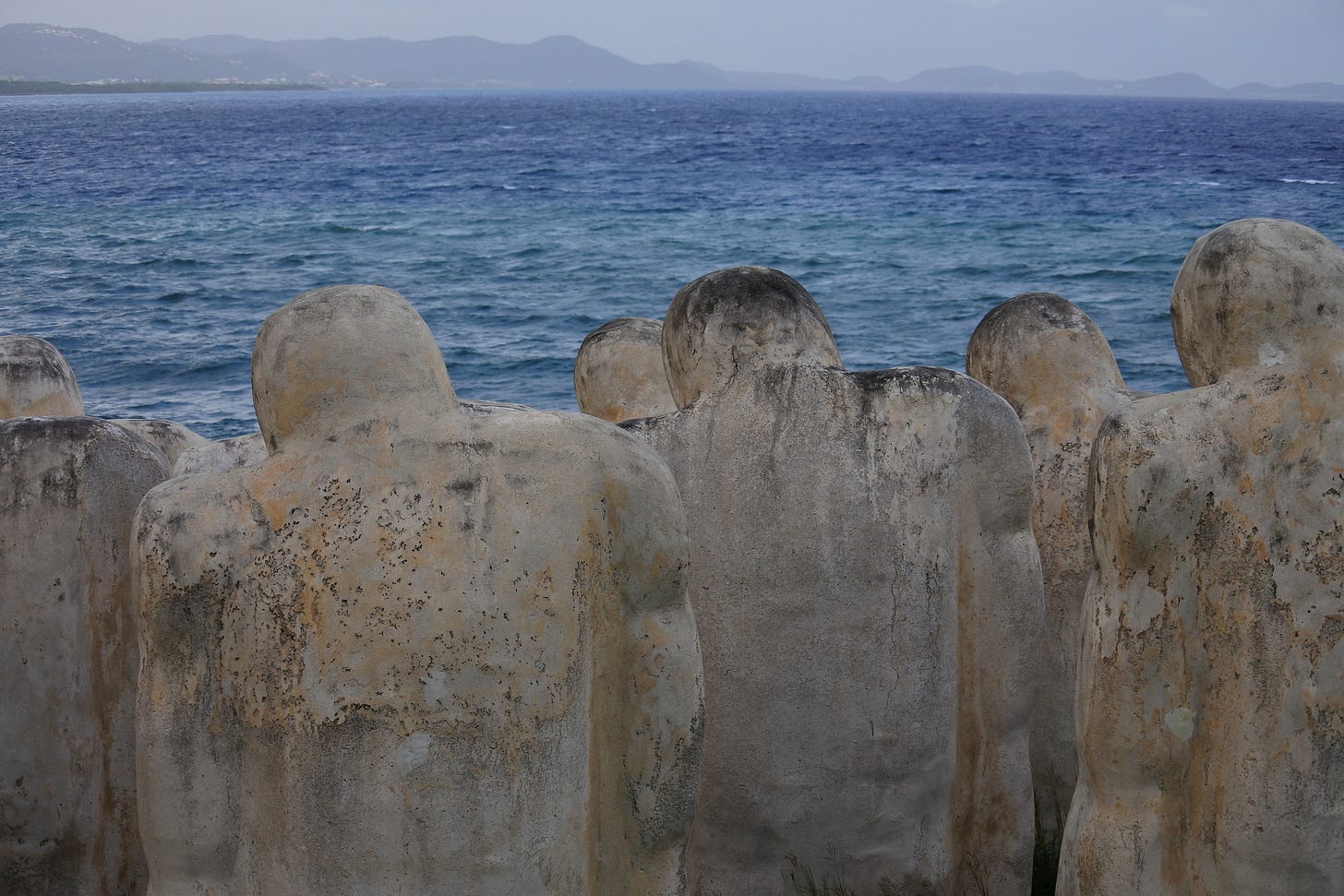

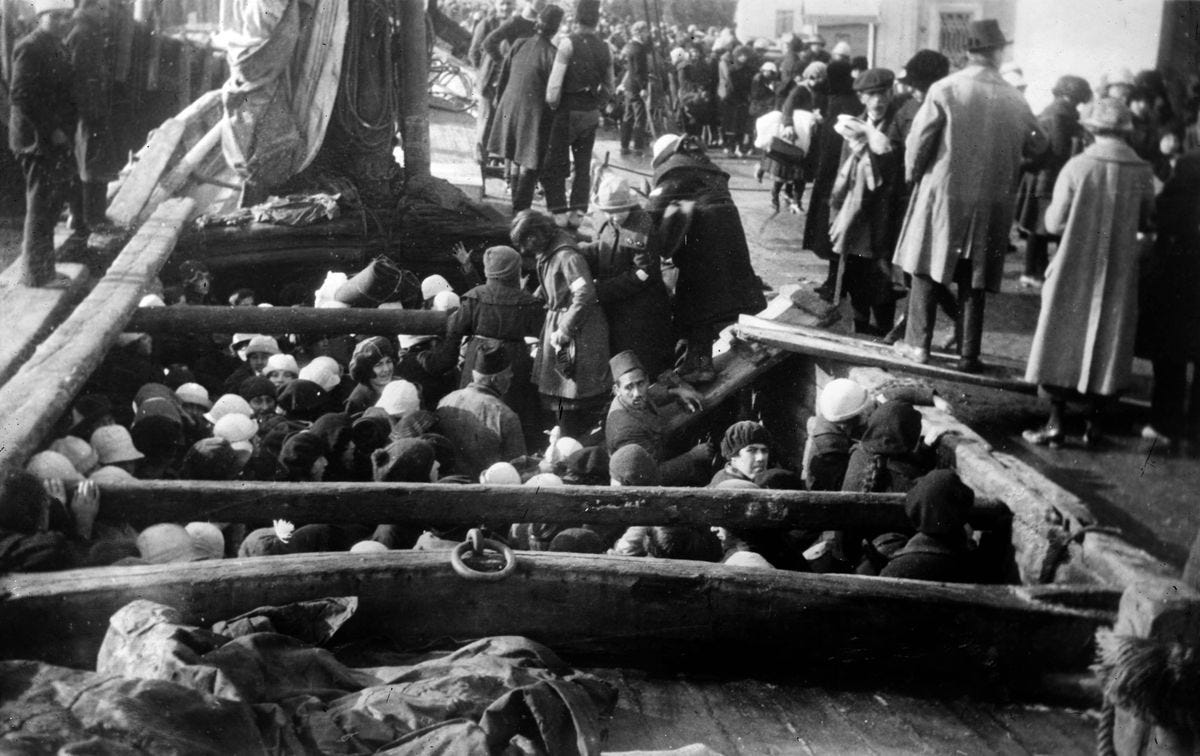






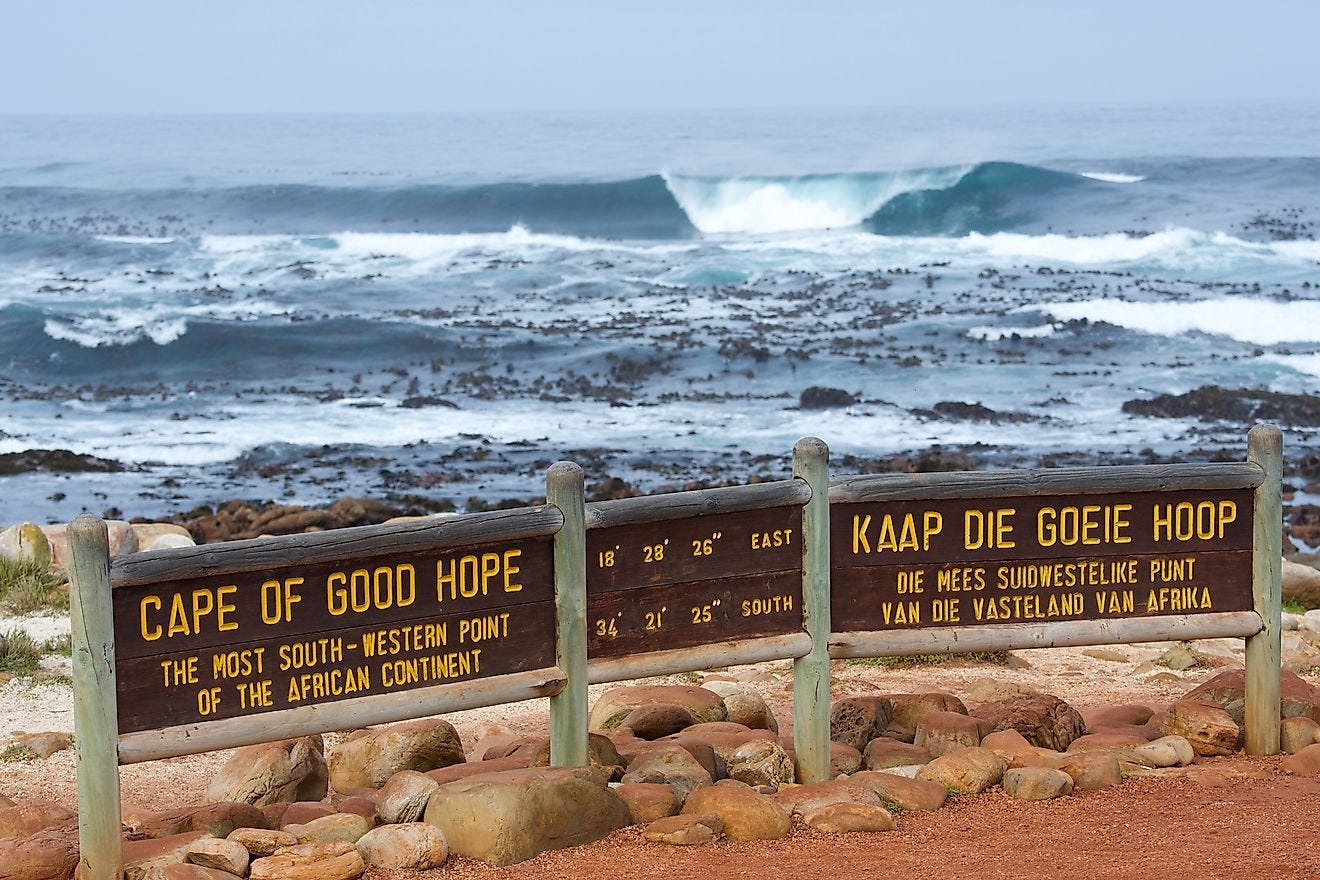
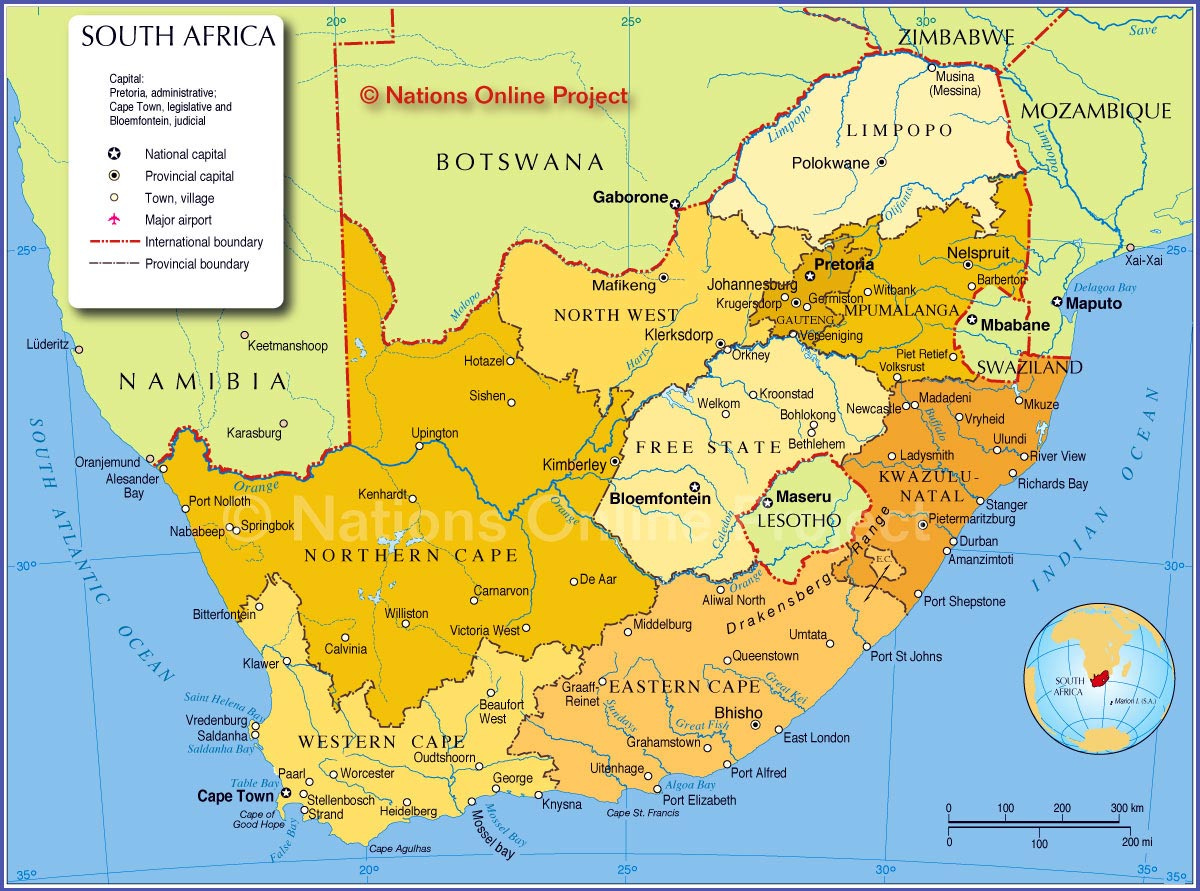

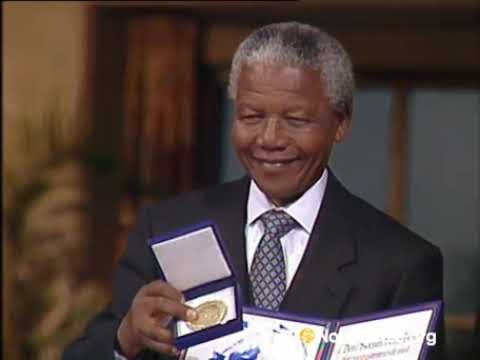

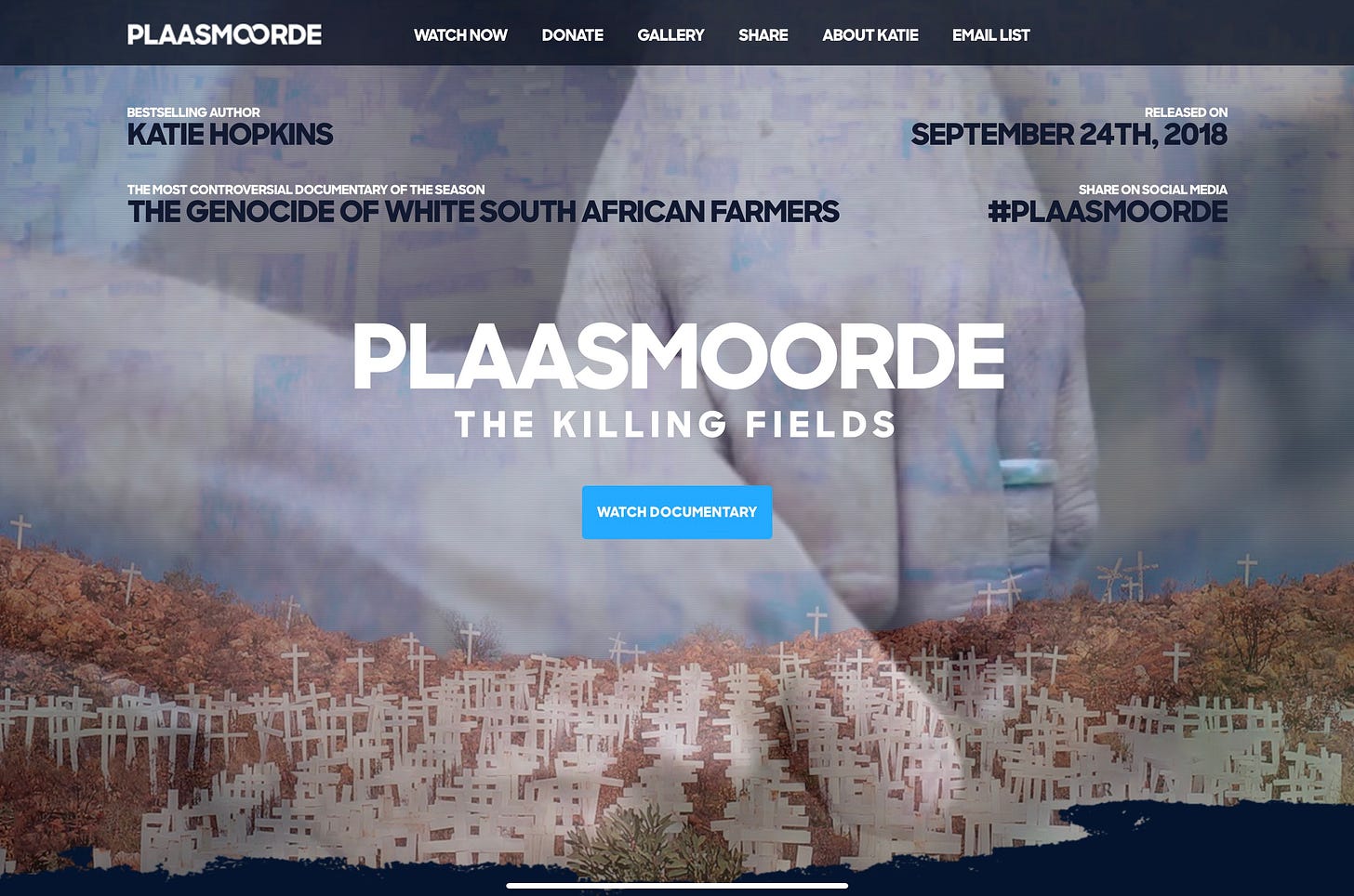
Very well written Collette.
I learned some of this, reading the books of Pierre Van Paassen - at least the beginnings of slavery that had always existed to the north of Africa but also to South America.
Those captured individuals were sent to Europe via boats up the coasts on both sides of Africa because the further south you go, yes, the currents are ferocious.
The transport of these captured innocents were sent in trade for goods, from other countries, sugar tabacco and cotton, then those goods were sent to Europe to produce textiles and manufactured goods from all European countries.
This is how it was. The history of this is incredibly harsh in some sense, these children were captured or even offered by their own family in order to survive. this encouraged women in Africa to have more children and they made that choice to sell their child so they could survive.
Now then we have individuals that are rightfully bitter and feel like they have no origin of family.
Well, it is very difficult for many to trace their family tree. This for the past generations is quite sad but all individuals should look ahead. Their family begins in this time.
Personally, I try to encourage my beloved black friends to "move on and look forward" to their own history that began when ever they can find it, even if it is today. So many have through time suffered injustice, horrible loss, Christians, Jews.... Muslims kill each other!
Your story is excellent.